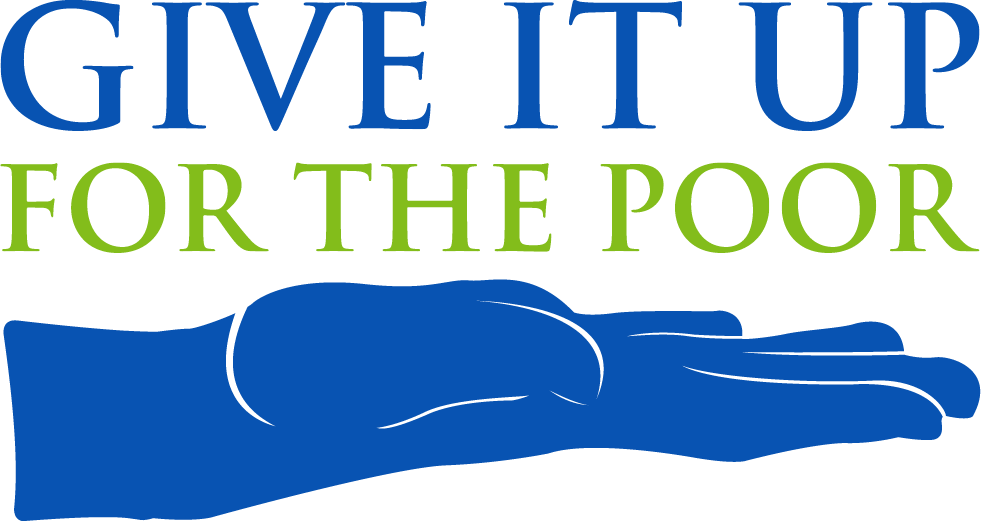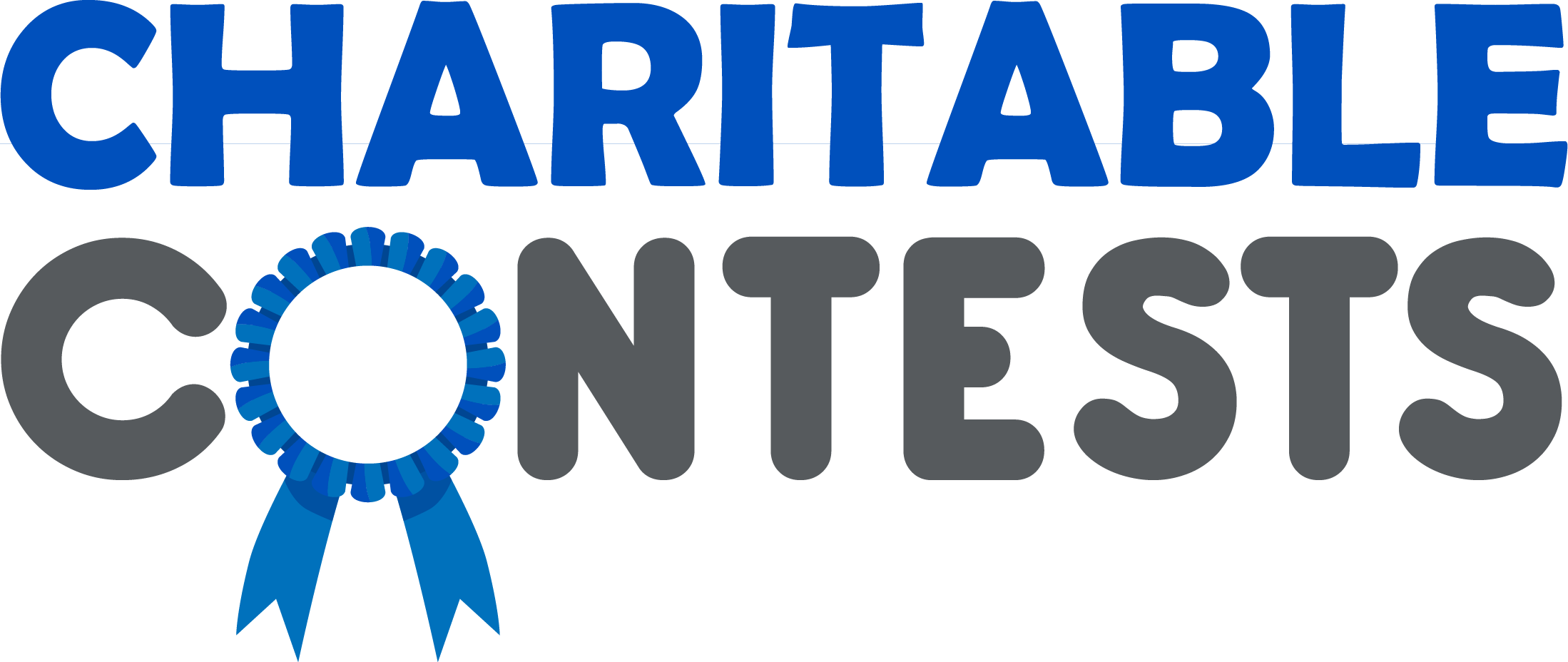Why give more to the poor?
Learn about the unfair plight of the poor and why you should help.
Raise Money
From what we get, we can make a living; what we give, however, makes a life.
– Arthur Ashe, tennis champion
6 ways you giving to the poorest half of people makes sense
A win-win approach is widely seen as being the best approach to doing things. People in rich countries giving to people in poor countries is a win-win-win-win-win-win (which is 6 wins) in these ways:
1- Less stuff and less over-scheduling results in more happiness.
People in rich countries are less happy than people in middle-income countries, where the average income is between $3,000 and $8,000 per year. A major reason is that higher income usually results in materialism and over-consumption, neither of which produces happiness. People spend large amounts of their free time assessing potential purchases, buying things, maintaining things, protecting things, organizing things, storing things, repairing things, moving things from one home to another, deciding whether to keep things and getting rid of things. They also spend lots of time assessing potential experiences to consume, planning them, traveling to them, taking pictures and videos at them, deciding which to keep, then organizing them and storing them – even though 99% of them are never viewed by others.
When you give more and spend less time and money on the things above, you have more time for the following things that results in real happiness:
- Family and friends;
- Spirituality;
- Volunteering and helping out;
- Personal growth and
- Time in nature.
Plato, one of the all-time greatest philosophers, said: “Both poverty and wealth, therefore, have a bad effect on the quality of the work and the workman himself… One produces luxury and idleness and a passion for novelty, the other meanness and bad workmanship and revolution…”
He also wrote: “In a state which is desirous of being saved from the greatest of all plagues – which is not faction, but rather distraction – there should exist among the citizens neither extreme poverty nor, again, too much wealth, for both are productive of great evil.”
Keep in mind that Plato was born in 427 BC, a time in which the richest had none of the following that most Americans have: electricity, plumbing, telephones, radios, televisions, any healthcare, pharmacies, prescription drugs, over-the-counter medications, paved roads, buses, trains, airplanes, public libraries, the Internet, lightbulbs, refrigerators, microwaves, toasters, ovens, mattresses, supermarkets and a big number of other things. 99% of Americans today would be considered very wealthy by Plato, Jesus, Buddha and the greatest philosophers and spiritual masters in history.
So when Plato, Jesus and others talk about the great personal dangers of being rich, they are talking about us, and not just about the ridiculously wealthy that exist today. Even in the world now, about 90% of Americans are in the rich 5% of the world. That when already accounting for differences in costs of living and exchange rates.
2 – The poorest third of people badly need the help
Lorem Ipsum is simply dummy text of the printing and typesetting industry. Lorem Ipsum has been the industry’s standard dummy text ever since the 1500s, when an unknown printer took a galley of type and scrambled it to make a type specimen book.It has survived not only five centuries, but also the leap into electronic typesetting, remaining essentially unchanged. It was popularised in the 1960s with the release of Letraset sheets containing Lorem Ipsum passages, and more recently with desktop publishing software like Aldus PageMaker including versions of Lorem Ipsum.
Lorem Ipsum is simply dummy text of the printing and typesetting industry. Lorem Ipsum has been the industry’s standard dummy text ever since the 1500s, when an unknown printer took a galley of type and scrambled it to make a type specimen book.It has survived not only five centuries, but also the leap into electronic typesetting, remaining essentially unchanged. It was popularised in the 1960s with the release of Letraset sheets containing Lorem Ipsum passages, and more recently with desktop publishing software like Aldus PageMaker including versions of Lorem Ipsum.
Lorem Ipsum is simply dummy text of the printing and typesetting industry. Lorem Ipsum has been the industry’s standard dummy text ever since the 1500s, when an unknown printer took a galley of type and scrambled it to make a type specimen book.It has survived not only five centuries, but also the leap into electronic typesetting, remaining essentially unchanged. It was popularised in the 1960s with the release of Letraset sheets containing Lorem Ipsum passages, and more recently with desktop publishing software like Aldus PageMaker including versions of Lorem Ipsum.
3- It is fulfilling to help others
Lorem Ipsum is simply dummy text of the printing and typesetting industry. Lorem Ipsum has been the industry’s standard dummy text ever since the 1500s, when an unknown printer took a galley of type and scrambled it to make a type specimen book.It has survived not only five centuries, but also the leap into electronic typesetting, remaining essentially unchanged. It was popularised in the 1960s with the release of Letraset sheets containing Lorem Ipsum passages, and more recently with desktop publishing software like Aldus PageMaker including versions of Lorem Ipsum.
Lorem Ipsum is simply dummy text of the printing and typesetting industry. Lorem Ipsum has been the industry’s standard dummy text ever since the 1500s, when an unknown printer took a galley of type and scrambled it to make a type specimen book.It has survived not only five centuries, but also the leap into electronic typesetting, remaining essentially unchanged. It was popularised in the 1960s with the release of Letraset sheets containing Lorem Ipsum passages, and more recently with desktop publishing software like Aldus PageMaker including versions of Lorem Ipsum.
4- Effective altruism: It results in the greatest amount of good
There are many people who give most of their donations to the poorest third of people for this reason alone: You can do far, far more good that way. For example, $5,000 can make a major impact in the lives of 10 people in the bottom third, while it makes only a moderate difference in the life of a single American, even the Americans who are the least rich. It means you can increase the amount of good that you do by more than 1,000%. This reason alone is so compelling that a major movement exists based on it that’s known as Effective Altruism. There are websites, conferences, book and more dedicated to it.
Lorem Ipsum is simply dummy text of the printing and typesetting industry. Lorem Ipsum has been the industry’s standard dummy text ever since the 1500s, when an unknown printer took a galley of type and scrambled it to make a type specimen book.It has survived not only five centuries, but also the leap into electronic typesetting, remaining essentially unchanged. It was popularised in the 1960s with the release of Letraset sheets containing Lorem Ipsum passages, and more recently with desktop publishing software like Aldus PageMaker including versions of Lorem Ipsum.
5 – It increases your probability of eternal happiness
There is a big amount of scientific proof that life continues after death. You can learn about it here or here. Compared to eternity, our time on earth is akin to just five seconds in a 3 hour movie; or one sentence in a long book. The great wisdom traditions of the world (including Hinduism, Christianity, Judaism, Islam and Buddhism) all point out that our place in eternity is far more important than anything else.
Giving significant amounts of our time and money to the poor helps with this in three ways:
A) All of the great wisdom traditions say that compassion, especially by helping the needy, is of great importance. The great author C.S. Lewis points out that when all of the great wisdom traditions around the world independently come to the same conclusion that something is ethical/moral, it means that God has written it on human hearts and is essentially a divine law or command.
In Christianity, Jesus says that if people fail to help the poorest, they don’t enter heaven. Elsewhere he tells a devout religious man that he can be moral in every other way, but if he doesn’t seriously help the poor, he won’t go to heaven. The vast majority of Christian denominations (including Catholics and the orthodox churches) emphasize the importance of both faith and “works,” which generally means helping the poor. While Protestants (who make up about 30% of Christians) say that works can’t be enough to get into heaven and faith is the key component, they emphasize that real believers will show their faith through works. It is telling that working very hard is often referred to as “the Protestant work ethic.”
To understand how the other wisdom traditions emphasize helping the poor, visit CommonEthics.org. One thing to note is that when writings in the Bible and the texts of other traditions talk about helping the sick or widowed, they are in effect talking about helping the poor. This is because in those eras, there were no governmental social safety nets. So if someone had a disease or disability, they couldn’t work and were often destitute. The same was often true for widows. In biblical times, men were the breadwinners and women cared for the home and children. So if a woman became a widow, it usually meant she had no income.
B) As Plato noted, people with money have more distractions and more attachments to novelty and to material things. These are a hindrance to them, without them realizing it. By voluntarily reducing their income and consumption via giving to the poor, these hindrances are reduced, and the person is more likely to develop spiritually. This is likely also why Jesus said it is harder for a camel to pass through the eye of a needle than for a rich person to get into heaven.
C) When people don’t have sufficient suffering in their lives, they usually don’t turn to God; and that reduces the odds that they’ll reach heaven. Note to self: add the story of the saint who thanked God for some suffering he had, because of how it had helped him. By voluntarily reducing our income by sharing it with the poor, usually we’ll encounter somewhat more suffering, which will propel us to increased connection with God and a higher likelihood of heaven.
Similarly, if people don’t have sufficient suffering, they don’t develop deep compassion and they don’t maintain ongoing deep compassion, because they forget what it was like to really suffer. This in turn usually results in them not really helping the poor. These two essential parts of suffering (turning to God and developing compassion that leads to action) are part of why Jesus tells people to take up their cross and follow him. Taking up a cross means taking up real suffering, and following him means sacrificing ourselves to help others in great need. This results in our own happiness (now and for eternity) plus really helps other people and makes the world a far better place.
6 – It results in a world that is far more just and fair:
Thoughts to add here (rough draft notes for now): Most of us want to live in a world that is much more just and fair. The richest third giving to the poorest third does exactly that. It’s the right thing to do, and it feels good to do what’s right. The richest third giving to the richest third is neither just nor fair. Maybe add the Martin Luther King quote that when there is major injustice in the world, it’s hard to enjoy the world and feel good about the world. Also, helping the poorest third results in increased global stability (including less wars and less terrorism) and an improved world economy (including more people who can afford to buy things that we create).
Lorem Ipsum is simply dummy text of the printing and typesetting industry. Lorem Ipsum has been the industry’s standard dummy text ever since the 1500s, when an unknown printer took a galley of type and scrambled it to make a type specimen book.It has survived not only five centuries, but also the leap into electronic typesetting, remaining essentially unchanged. It was popularised in the 1960s with the release of Letraset sheets containing Lorem Ipsum passages, and more recently with desktop publishing software like Aldus PageMaker including versions of Lorem Ipsum.
A rich man is not one who has much, but one who gives much. For what he gives away remains his forever.
– St. John Chrysostom





























